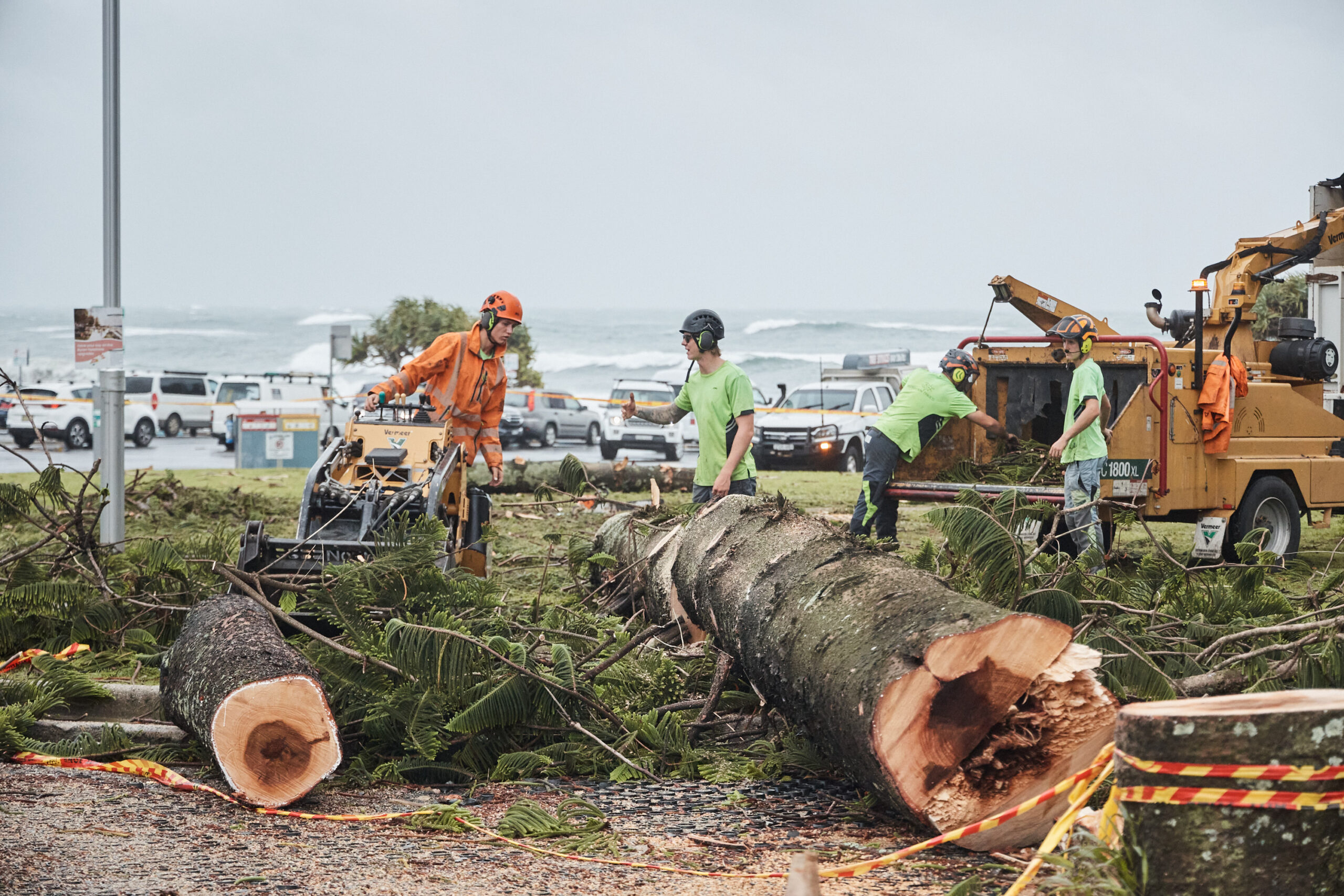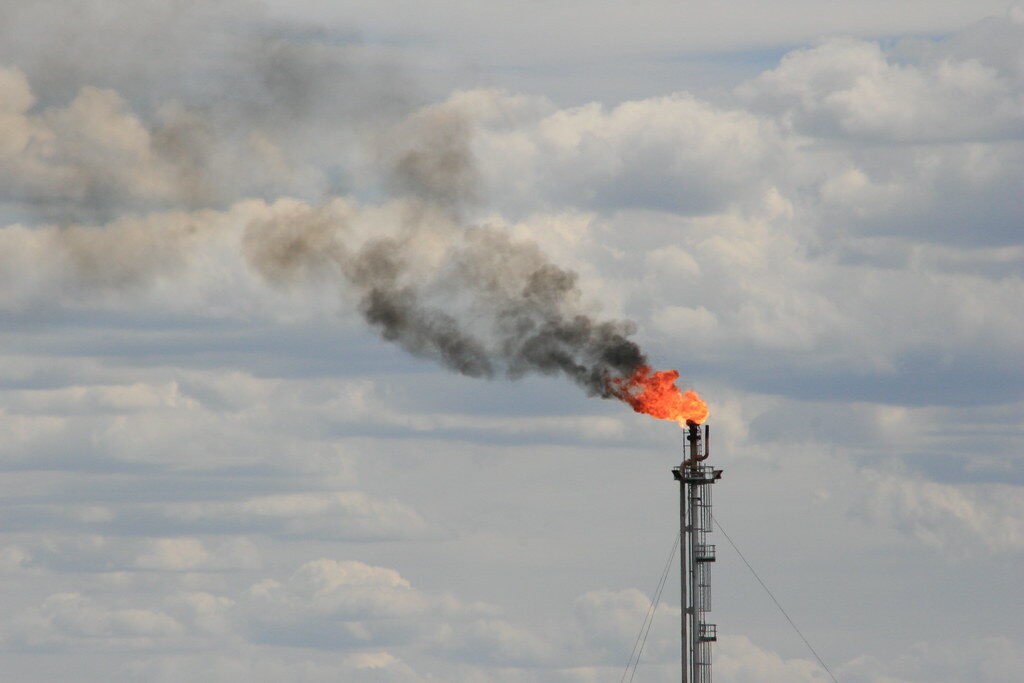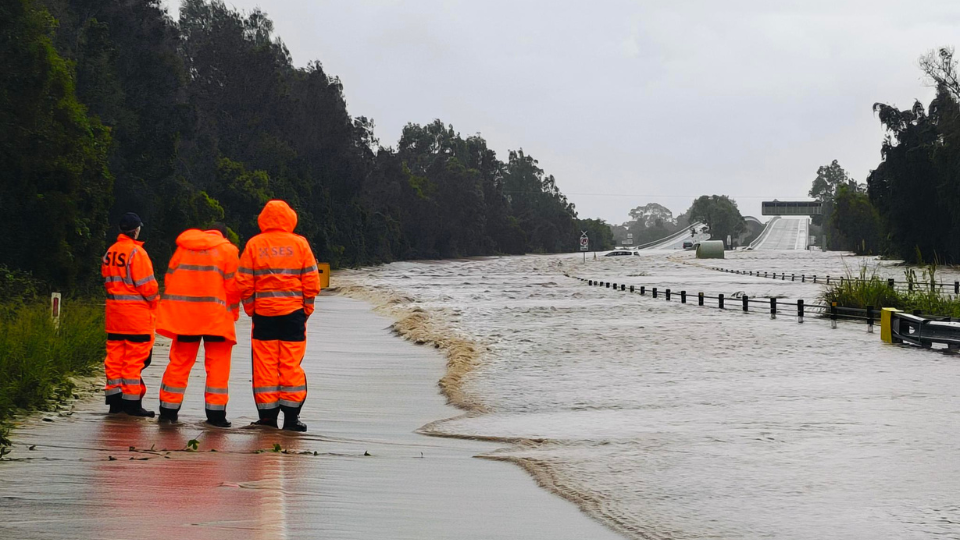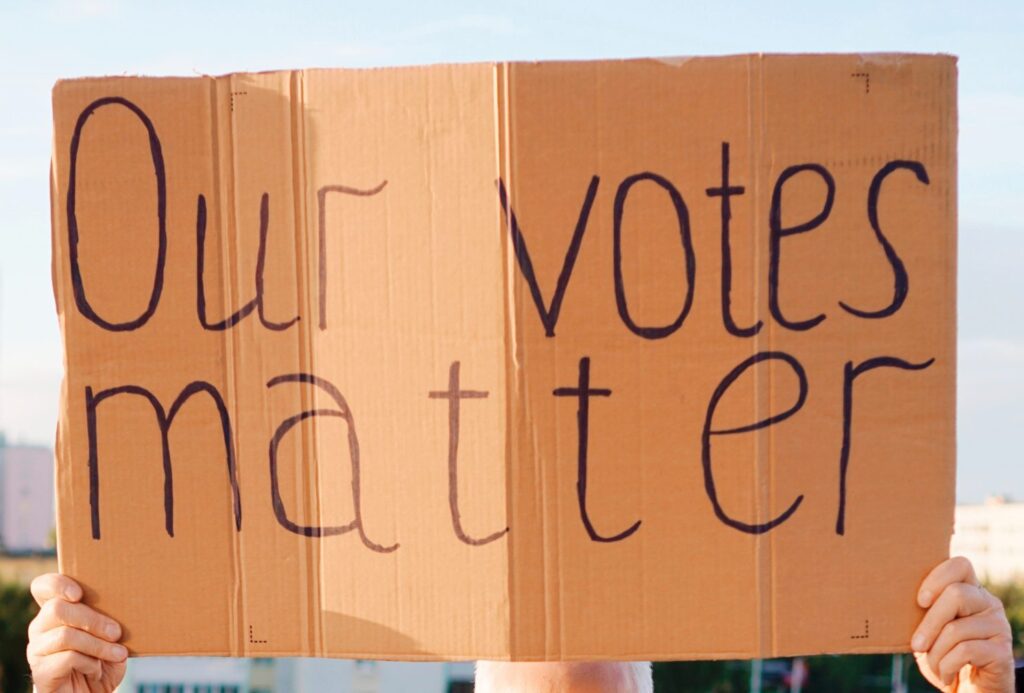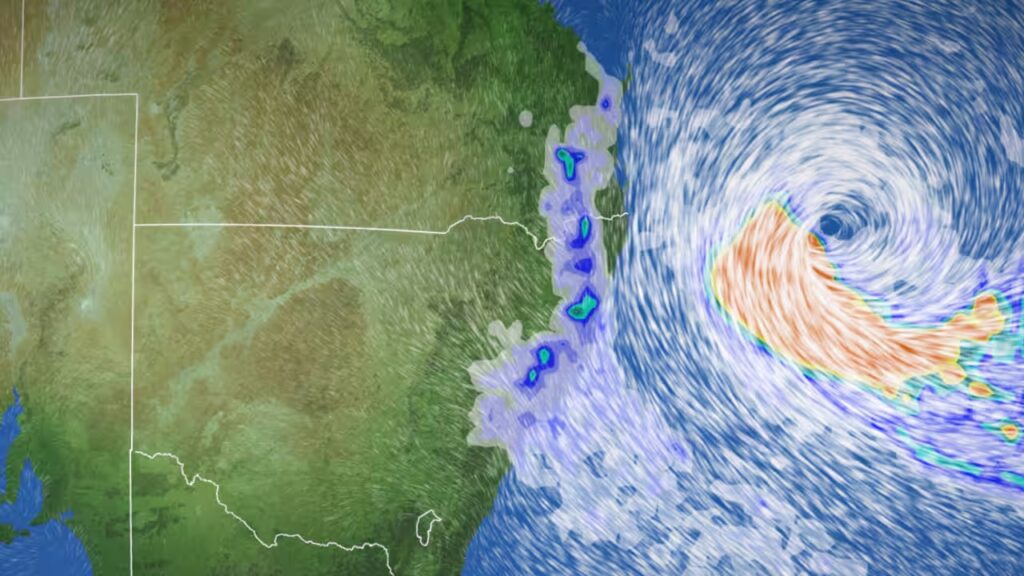Time to respond is running out
As 38 former Australian fire and emergency service chiefs who have directly responded to countless extreme weather events over the past five decades, we are deeply concerned about the trend of worsening extreme weather disasters, fuelled by climate change.
The ongoing impact of ex-Tropical Cyclone Alfred on communities in northern New South Wales and southern Queensland highlights that many Australians are increasingly being impacted by consecutive, compounding climate disasters including heatwaves, drought, fires, storms and floods, leaving little time for recovery. Many people impacted by flooding and damaging winds from Alfred are still re-building from the record breaking catastrophic 2022 floods.
Queensland has had to deal with many disasters in the last seven years including bushfires and floods in 2018, Black Summer in 2019/20, floods in 2022, bushfires in 2023, more bushfires in 2024, floods in January 2025, then TC Alfred in March 2025. The climate is changing and this is becoming our new reality.
Make no mistake, this is climate change in action and as the world warms at record rates, impacts unfortunately will worsen, whether it be catastrophic bushfires like our Black Summer, Maui in 2023, the winter firestorms that devastated Los Angeles this year, the deadly 2024 Spanish floods, and now the major impacts of a slow-moving ex tropical cyclone that reached as far south as northern NSW, something we can expect more of in future.
Scientists are very clear: climate pollution from the burning of coal, oil and gas has intensified not only hot, dry weather that fuels catastrophic fires, but also the frequency and intensity of extreme rainfall events.
TC Alfred was made more intense by record hot ocean temperatures, higher levels of atmospheric moisture, and higher sea levels. Similarly, the successive storms and intense rainfall that led to the devastating 2022 floods in many parts of Queensland and NSW were intensified by climate change.
Scientists have tried to warn us for decades but were not listened to until after the change of Federal Government in 2022. We are now living through the predicted consequences of increasing climate pollution and inaction for many years by governments worldwide.
Fire and emergency services and the Australian Defence Force are now having to respond to more frequent and extreme natural disasters, stretching their capacity. More intense, frequent extreme weather events put emergency responders in greater danger, for longer and more often. As former emergency service leaders, this fills us with dread, particularly when selfless, brave responders lose their lives trying to save others.
All Australians are suffering from the ravages of the climate crisis right now, and Governments at all levels must acknowledge that prolonging the use of fossil fuels will make future disasters even worse. This is why slashing climate pollution this decade must be a top priority. At the same time governments must invest heavily in adaptation and community resilience measures to keep people safe. Australia has made progress in recent years, but we must go farther and faster. The safety and wellbeing of all Australians, courageous emergency responders, and our kids’ futures depend on it.
As we approach a Federal election, Australia can’t afford to slip back into climate denial, inaction, and far-off “solutions” that will actually increase climate pollution.
Despite the massive impacts of ex-TC Alfred, in some ways this time we “dodged a bullet”. Its slow movement meant residents of northern NSW and south-east Queensland, as well as emergency services and Federal Government agencies including the ADF had time to prepare. This helped save lives. We acknowledge the focus that the Prime Minister and dedicated public servants in rebuilt agencies like the National Emergency Management Agency brought to the response effort, working hand in hand with the Premiers of Queensland and New South Wales. This was in stark contrast to the previous Coalition government’s mismanagement during the Black Summer bushfires, as well as the devastating floods in early 2022.
Time was on our side for this cyclone, but we are fast running out of it when it comes to staving off much worse impacts.
We no longer have the luxury of time to put off dealing with climate change. Australians, and the emergency services that protect them, cannot afford our country once again slipping backwards on climate action. This is the time all political parties and candidates should be pressed on how they will act immediately to deeply cut climate pollution, and how they will build up (certainly not cut back) the public service in critical areas including climate research, weather forecasting, and emergency response and recovery agencies we rely on to protect us all.
Comments to support this statement:
Greg Mullins AO, AFSM, former Commissioner of Fire & Rescue NSW: “In my decades of service in NSW I never had to deal with a tropical cyclone reaching so far south. This is deeply disturbing and something climate scientists had warned us about. As we head to a federal election it reinforces why Australians simply can’t afford to go backwards on climate action.”
Lee Johnson AFSM, former Commissioner of Queensland Fire & Emergency Services: “We are very lucky that TC Alfred lost intensity before impacting Brisbane and the Gold Coast. If it had made landfall as a Category 2 cyclone, the combined impacts of storm surge, intense rain and winds would have been immense, particularly given that most homes are not built to cyclone standards this far south. Despite its weakening, we still saw major impacts including flooding. This is a climate wakeup call that we simply can’t ignore.”
Dr Chas Keys ESM, former Deputy Director General NSW State Emergency Service: “There is a clear trend in recent times for more intense rainfall over a shorter period that has resulted in longstanding flood records being broken, with significant impacts on communities. Slower moving storms and rain fronts increase the threat to life, as we saw at Lismore and Eugowra in 2022, and now once again with ex-TC Alfred. We ignore worsening climate change at our peril.”
David Templeman AM. Former Director General of Emergency Management Australia: “Communities continue to be confused, misinformed, and misled by climate-deniers using once rare and one-off events such as the 1967 Tasmania fires, 1983 Ash Wednesday fires, and the 1974 QLD/ Brisbane floods to dispute escalating impacts of climate change. The evidence is clear that compounding, year-round, large-scale natural disasters (fires, floods, and severe storms) worldwide have increased in frequency and intensity over the past 10 years, often impacting with little notice. There must be criticality and focus on eliminating community complacency through education and rock-solid commitment to national investment in preparedness and climate adaptation/resilience to secure a safer future for all Australians.”
About Emergency Leaders for Climate Action
Emergency Leaders for Climate Action (ELCA) is a coalition of 38 former fire and emergency service leaders from every Australian state and territory demanding stronger government action on climate pollution that is driving more frequent, damaging extreme weather disasters, better resourcing for climate adaptation, community resilience, and frontline fire and emergency services.
For media enquiries or interviews with ELCA members please contact Media Manager, Jacqui Street 0498 188 528 / jacqui.street@climatecouncil.org.au

